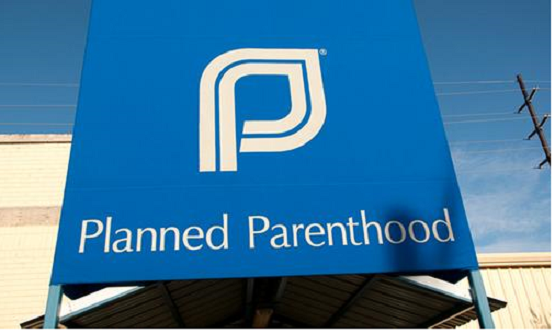Abortion is not health care and a handful of Texas-based clinic affiliated with the Planned Parenthood abortion business have found that out the hard way.
The Planned Parenthood abortion business is the biggest abortion company in the United States. It runs hundreds of clinics across America — some of which do surgical abortions, some dispense the dangerous abortion pill RU 486, and all clinics refer women for abortions (and not to any clinics that provide women with abortion alternatives).
 Because every Planned Parenthood clinic either does or refers for abortions, pro-life elected officials in Congress and a number of states have attempted to de-fund Planned Parenthood by revoking either federal or state taxpayer funding. That loss of funding has had an adverse impact on the Planned Parenthood clinics that only refer for abortions and now, in Texas, some of them are bolting from the abortion business in order to re-establish funding without being tied to an abortion business.
Because every Planned Parenthood clinic either does or refers for abortions, pro-life elected officials in Congress and a number of states have attempted to de-fund Planned Parenthood by revoking either federal or state taxpayer funding. That loss of funding has had an adverse impact on the Planned Parenthood clinics that only refer for abortions and now, in Texas, some of them are bolting from the abortion business in order to re-establish funding without being tied to an abortion business.
It’s rare to see Planned Parenthood clinics actually put legitimate women’s health care above abortion but, in this case, it’s happening. Naturally, Planned Parenthood and the clinics who are abandoning the abortion giant are, at least publicly in the press, making the split appear amicable. But pro-life advocates should surely wonder if the split was acrimonious behind the scenes.
Here’s more from the abortion-supporting Texas Tribune, which Planned Parenthood sponsors:
Hidalgo County women who receive state-financed reproductive health services may soon seek care from familiar clinics — operating under unfamiliar names.
The Planned Parenthood Association of Hidalgo County announced Monday that it is cutting its ties with the Planned Parenthood Federation of America and is relaunching as the Access Esperanza Clinics Inc. The move is the first step in the organization’s attempt to reclaim state dollars for women’s health care for impoverished women — money that lawmakers cut off in 2011 for all Texas clinics affiliated even loosely with Planned Parenthood or other abortion providers.
The disassociation, which includes clinics in McAllen, Edinburg, Mission, San Juan and Weslaco, could be seen as a victory for Texas Republicans. They had argued that allowing Planned Parenthood affiliates to receive state funds was the same as funneling taxpayer dollars into abortion.
Click here to sign up for daily pro-life news alerts from LifeNews.com
Lawmakers’ 2011 budget cuts led to the closure of 76 women’s health clinics statewide — a third of which were Planned Parenthood clinics. Planned Parenthood clinics in Hidalgo County managed to stay open despite losing thousands of state-subsidized patients.
Planned Parenthood Federation of America leaders called the move a “practical decision” for the organization after it saw the effects of the state’s “sustained and devastating attacks on women’s health.”
The state provides health care for low-income Texas women through six programs, which lawmakers are now considering consolidating. Gonzales and his team are hoping that the Access Esperanza Clinics will be approved to participate in the Texas Women’s Health Program now that they no longer have ties to Planned Parenthood. That program covers pelvic exams, cancer screenings, contraceptives and treatment for diabetes, among other services.
After considering cutting ties with Planned Parenthood for more than a year, Gonzales said, the organization is making the move in order to serve the region’s poor women “at 2010 levels” — when they treated 23,500 women a year.
“After 50 years, it was not an easy decision, but it was a practical decision to help and serve women in our area,” Gonzales said.
In the Rio Grande Valley, which is overwhelmingly Hispanic, nearly half of all women live in poverty, according to state figures, making them eligible for one or more state programs that provide women’s health care. About 90 percent of the women to be served by Access Esperanza Clinics live at or below the federal poverty level.







